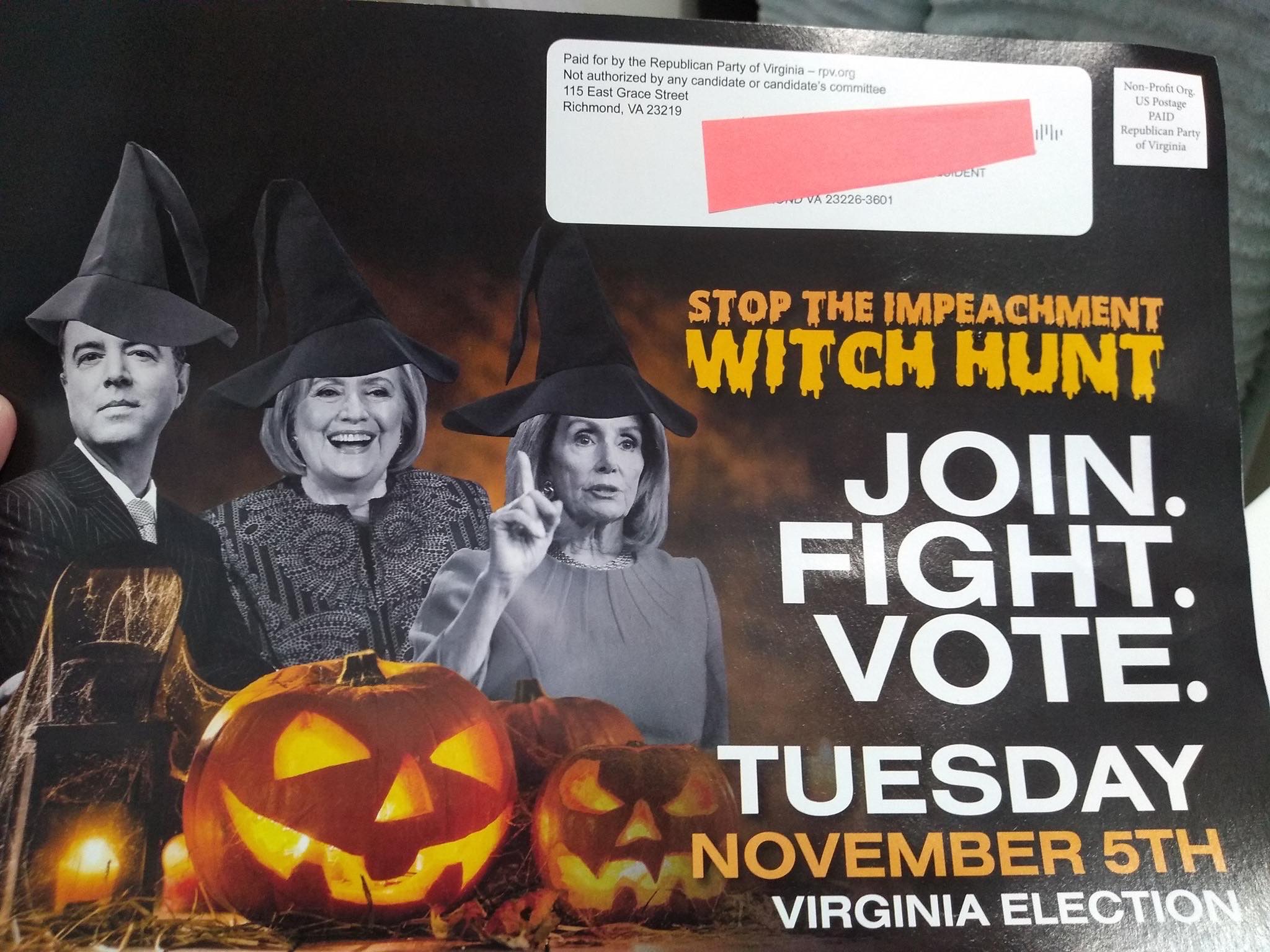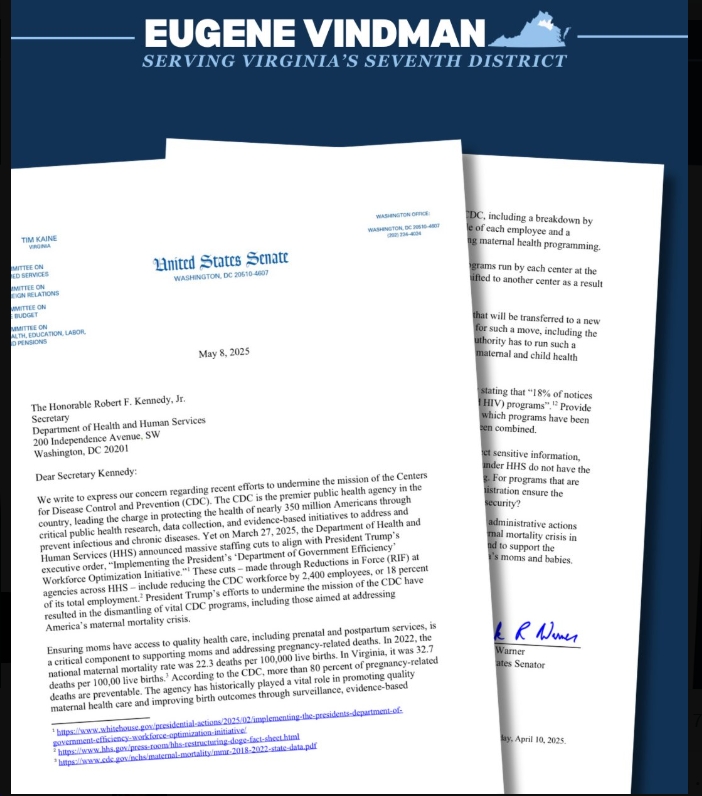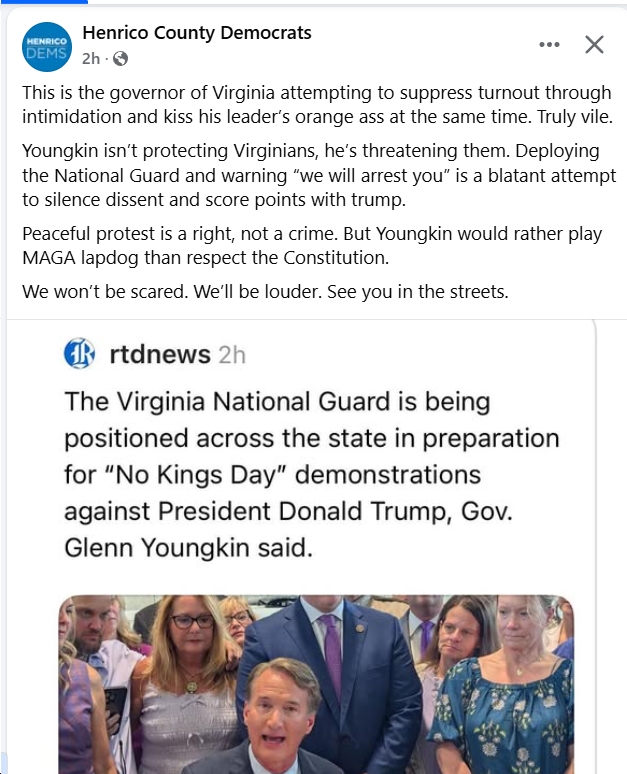Around the world, democratic institutions are under siege. Whether we’re talking about a) Putin’s investments to damage democracy globally; b) unprincipled #FakeNews/#AlternativeFacts purveyors happily profiting through advertising on their crazy Facebook (and other social media) posts; or c) the uber-rich promoting (buying) pliant politicians to drive government policies so that they can be uber-uber rich — Democracy as most Americans wish it is under threat, from nibbling at the edges to outright assaults.
Within this, Americans — with substantive reason — have uncertainty about our elections and election processes. Putting aside Trump’s rantings about illegal voting (trying to undo his shame that a woman received 3 million more votes than ‘The Donald’), there are serious issues on the table For example, while many regard even that very question as a tin-foil hat conspiracy theory, the fact is we simply do not know with certainty whether or not actual voting results were “hacked” in 2016 (or other elections). There is ample evidence that hackable machines are out there. There is definite awareness of efforts to hack into many states’ election processes and systems. And some data analysis suggests actual voting might have been hacked (and, to be clear, many have concluded otherwise). Now, before being put into “tin-foil hat” world, this paragraph is not an assertion that votes were hacked but an honest assessment, a truthful statement, that we cannot know whether or not this actually occurred.
A hat tip to Virginia’s election bureaucrats, who reacted to news about how easy machines were to hack.
Behind closed doors at an emergency meeting, the [Election] board heard about specific vulnerabilities identified after a cybersecurity conference this summer in Las Vegas, where hackers showed they could break into voting machines with relative ease. After the July Defcon conference, Virginia’s Department of Elections asked the state’s IT agency to review the security of touchscreens still in use in the state. Details of that review were kept confidential, but they caused the elections board to speed up the end of touchscreens,
These type of concerns led the Virginia Election Board to take emergency action in September 2017 to replace some at-risk machines and to assure that 100% of Virginia’s ballots would have a paper trail. With that decision, Virginia’s voters now have assurance of an ability to #AuditTheVote and have recounts in close elections with confidence that electrons from Moscow aren’t switching votes.
This smart move, to move away from hackable (if not actually hacked) machines, is only one step in assuring Virginia’s (and, well, America’s) elections work in the interest of its citizens.
Considering that simple truth, Governor Terry McAuliffe should make a move to help strengthen Virginia’s elections by creating a bipartisan (post-)election commission. This commission would have responsibility for doing a “lessons identified” from the 2017 election cycle that would seek to identify:
- Positive steps and actions that helped the elections work well — that merit reinforcing & learning from. These could include (as examples):
- The above mentioned move to reduce risks of electronic hacking of machines.
- The vast majority of staff around the Commonwealth who worked various election processes professionally and courtesy in service of their fellow Virginians.
- NOTE: Too often ‘lessons learned’ processes focused on “what went wrong,” when often the truth is that most things went right and there is great value in recognizing what works well while seeking paths to replicate that ‘success’ into the future.
- Issues meriting attention/resolution (whether administrative or legislative). Potential examples include:
- The “delayed 55.” There are 55 votes, in a tight House of Delegates election race, that were clearly in the Post Office’s control on the day of the election that did not make to the appropriate office before the end of voting. Right now, these ballots are not being counted. While I see this as the ‘wrong’ result, disenfranchising voters who clearly took reasonable action to get their ballots in on time (the failure is (it seems) the Post Office’s), this is an excellent example of an ‘issue’ meriting discussion as ‘is there a better path forward’ so it does not occur again.
- Incorrect ballots? It appears that at least some Virginians received incorrect ballots in terms of House Districts. On the table could be (a) is that the case, (b) was this a wide-spread problem, (c) are there identifiable reasons for this occurring, and (d) what measures might reduce chances of this occurring into the future?
- Absentee Balloting: It seems clear that ever more people are leveraging absentee balloting. Is there any need for people to have a “reason” for what, for many, is essentially an early-voting option. At what point does it make sense to move from “absentee” to a structured early voting process? Does it make sense to have a mixed of extended absentee (the college student, someone overseas, military personnel) voting option with a shorter early voting period? Does …??? What does the 2017 election cycle and (seemingly) increased use of absentee voting options suggest on this?
- #FakeNews/#AstroTurf/#AlternativeFacts/#RussianBots Robocalling/Texting/Etc. To what extent were there efforts to simply lie to Virginia voters and otherwise distort the campaign discussion? Now, this is a clearly in a “discuss” category because dealing with this sort of (indirect) assault on functioning democracy might run head on into First Amendment concerns (Freedom of Speech). Still, this perhaps merits discussion and examination.
- Potential Criminal Activity: What occurred that might merit criminal investigation and action by the Attorney General? Some examples:
- On election day, there were reports of efforts to disrupt voting by telling people (falsely) that their polling stations had been moved.
- Political signs were torn down and defaced.
- NOTE: To be clear: this doesn’t matter whether it was Democratic or Republican or who knows what as violators — the sanctity of elections merits taking seriously the need to bring to account those who act criminally to undermine the election process.
Americans have reason to view their election process with unease. Trump’s trumped-up “election commission” is focused primarily on suppressing votes and undermining American Democracy. Setting a bipartisan Virginia Election Lessons Identified Commission (VELIC) would provide a valuable counter to this, at least at the state level.
Some basic requirements for the VELIC:
- True bipartisanship with co-chairs from each Party, such as respected former politicians. (First two who jumped to mind were former Republican Lt. Gov. Bill Bolling and his 2005 Democratic opponent Leslie Byrne — who Bolling defeated in a close election, by one point).
- Open conversations with Virginians — open meetings, open reporting, open engagement … to build confidence in the election process.
- A three-part “what” focus:
- What worked & merits praise/reinforcement/repeating?
- What issues merit discussion and potential action?
- What merits referral to the Attorney General (or other legal entities) for investigation and potential legal action?
In his final month in office, Governor McAuliffe should create the VELIC and set into motion a process that would help strengthen Virginia’s civic strength and provide an example for the rest of the nation.
This would be a true public service, and of course also something McAuliffe could tout if he runs for president in 2020, as many expect he will do.

















